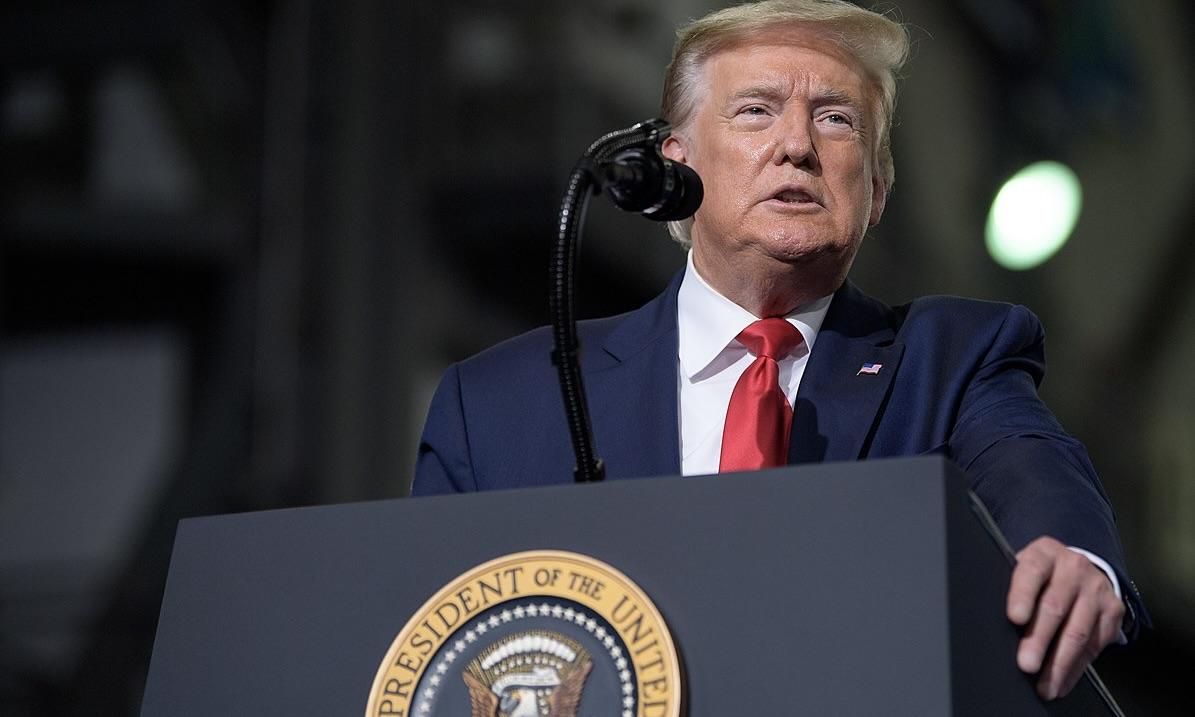As President-elect Donald Trump prepares to assume office in January 2025, his administration is poised to implement significant changes in the U.S. education system. Central to these reforms are alterations in federal funding and the promotion of school choice, aiming to reshape the educational landscape.
Redefining Federal Education Funding
The Trump administration plans to reduce the federal government's role in education, advocating for increased state and local control. This approach seeks to decentralize decision-making, allowing communities to tailor educational policies to their specific needs. However, critics express concern that diminished federal funding could lead to disparities in educational quality, particularly in underfunded districts.
Promoting School Choice
A cornerstone of Trump's education policy is the expansion of school choice. The administration proposes legislation to provide tax credit scholarships, enabling parents to select private schools or homeschooling options for their children. This initiative aims to empower families with greater control over their children's education. Supporters argue that increased competition will drive improvements in both public and private schools. Conversely, opponents worry that such measures may divert essential resources from public schools, potentially exacerbating existing inequalities.
Potential Impact on Public Education
The proposed reforms are expected to significantly impact public education. By reducing federal oversight and funding, schools may face challenges in maintaining programs and services that are vital to student success. Educators and administrators are preparing for potential fiscal constraints and the need to adapt to a more competitive educational environment.
National Education Association
Netizens React to Trump's Education Reforms
The announcement of Trump's education reforms has sparked diverse reactions on social media:
-
@EducatorJane: "Reducing federal funding for education is a step backward. Our schools need more support, not less."
-
@PolicyAnalystTom: "School choice empowers parents and fosters competition. This could lead to better educational outcomes."
-
@TeacherUnionRep: "Cutting federal funding will harm students in underprivileged areas. We need equitable resources for all."
-
@ParentAdvocateSue: "Tax credit scholarships are a win for families seeking quality education options."
-
@EdReformNow: "Decentralizing education allows for more localized and effective solutions to student needs."
-
@CommunityLeaderMike: "We must ensure that changes don't widen the achievement gap. Equity should remain a priority."
President-elect Trump's proposed education reforms, focusing on federal funding and school choice, are set to transform the U.S. education system. While these changes aim to provide greater autonomy to states and families, they also raise concerns about potential impacts on public education and equity. As the administration moves forward, it will be crucial to balance innovation with the need to support all students effectively.



 Trump Allows Commercial Fishing in Protected New England Waters
Trump Allows Commercial Fishing in Protected New England Waters  China Warns US Arms Sales to Taiwan Could Disrupt Trump’s Planned Visit
China Warns US Arms Sales to Taiwan Could Disrupt Trump’s Planned Visit  Trump’s Inflation Claims Clash With Voters’ Cost-of-Living Reality
Trump’s Inflation Claims Clash With Voters’ Cost-of-Living Reality  South Korea Assures U.S. on Trade Deal Commitments Amid Tariff Concerns
South Korea Assures U.S. on Trade Deal Commitments Amid Tariff Concerns  Trump Allegedly Sought Airport, Penn Station Renaming in Exchange for Hudson River Tunnel Funding
Trump Allegedly Sought Airport, Penn Station Renaming in Exchange for Hudson River Tunnel Funding  Japan Election 2026: Sanae Takaichi Poised for Landslide Win Despite Record Snowfall
Japan Election 2026: Sanae Takaichi Poised for Landslide Win Despite Record Snowfall  US Pushes Ukraine-Russia Peace Talks Before Summer Amid Escalating Attacks
US Pushes Ukraine-Russia Peace Talks Before Summer Amid Escalating Attacks  U.S.-India Trade Framework Signals Major Shift in Tariffs, Energy, and Supply Chains
U.S.-India Trade Framework Signals Major Shift in Tariffs, Energy, and Supply Chains  Iran–U.S. Nuclear Talks in Oman Face Major Hurdles Amid Rising Regional Tensions
Iran–U.S. Nuclear Talks in Oman Face Major Hurdles Amid Rising Regional Tensions  Trump Says “Very Good Talks” Underway on Russia-Ukraine War as Peace Efforts Continue
Trump Says “Very Good Talks” Underway on Russia-Ukraine War as Peace Efforts Continue  Pentagon Ends Military Education Programs With Harvard University
Pentagon Ends Military Education Programs With Harvard University  Trump Endorses Japan’s Sanae Takaichi Ahead of Crucial Election Amid Market and China Tensions
Trump Endorses Japan’s Sanae Takaichi Ahead of Crucial Election Amid Market and China Tensions  TrumpRx.gov Highlights GLP-1 Drug Discounts but Offers Limited Savings for Most Americans
TrumpRx.gov Highlights GLP-1 Drug Discounts but Offers Limited Savings for Most Americans  Trump Signs Executive Order Threatening 25% Tariffs on Countries Trading With Iran
Trump Signs Executive Order Threatening 25% Tariffs on Countries Trading With Iran  Trump Signs “America First Arms Transfer Strategy” to Prioritize U.S. Weapons Sales
Trump Signs “America First Arms Transfer Strategy” to Prioritize U.S. Weapons Sales  TrumpRx Website Launches to Offer Discounted Prescription Drugs for Cash-Paying Americans
TrumpRx Website Launches to Offer Discounted Prescription Drugs for Cash-Paying Americans  Ohio Man Indicted for Alleged Threat Against Vice President JD Vance, Faces Additional Federal Charges
Ohio Man Indicted for Alleged Threat Against Vice President JD Vance, Faces Additional Federal Charges 































